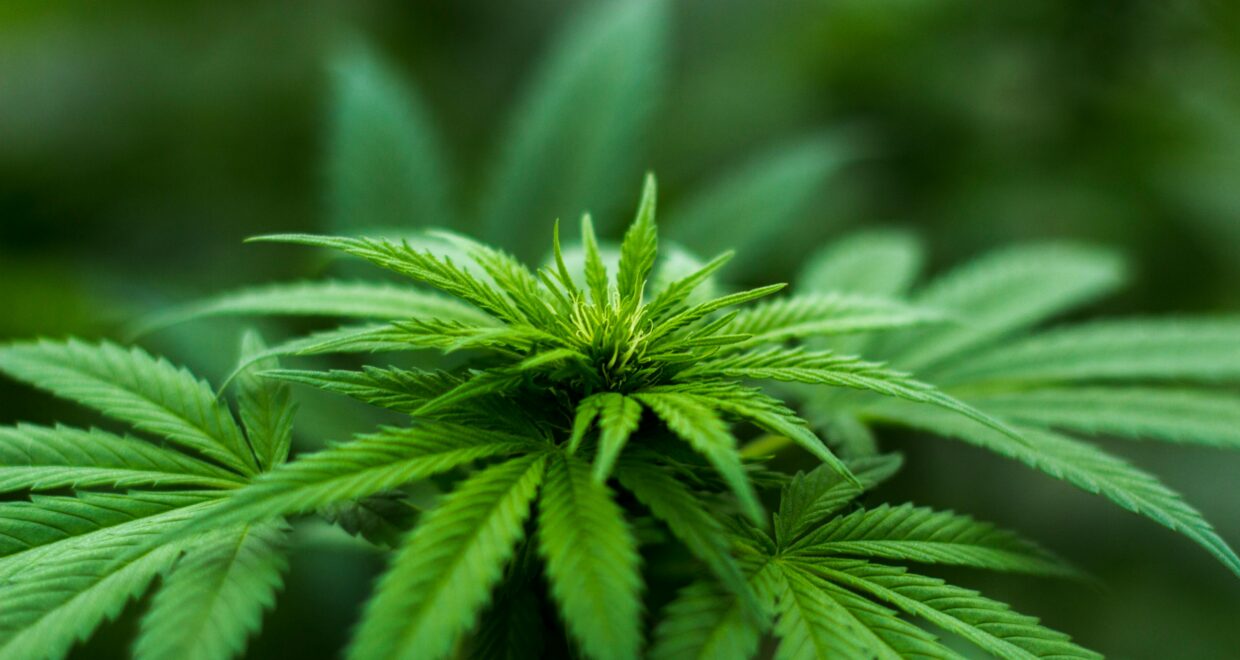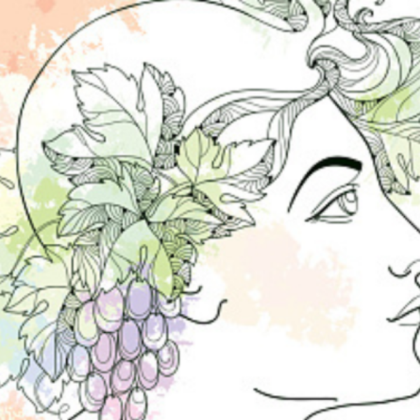This Toxic Love Affair by Ezinne Ogwumah
The January 2025 edition of Muses – the arts blog from BJPsych International – features a moving piece by a psychiatrist, poet and pianist about loss and the healing quality of poetry and music.
This edition of Muses features a moving and exceptionally vulnerable disclosure by Nigerian mental health advocate Ezinne Ogwumah, who reflects on her mental health journey and intermittent cannabis use.
An addiction isn’t exactly a thing one readily admits to. It is associated with shame, guilt and hard choices. I chose the shame of indulging in cannabis over the crushing stress of work, love, and life.
I wasn’t always like this. It wasn’t always like this. The usual origin story of the good-girl-gone-bad begins with peer pressure. In my case, I was my pressure. Curiosity consumed me; my therapist called me impulsive.
I remember the first time, at age 16, with “Vamp Love.” I collected a smouldering spliff and dragged. Then there was nothing. Then, the world around me blurred and softened around the edges. I laughed that night–something I hadn’t done in a while. I laughed so hard my tummy hurt. And for the first time, I discovered that I could purchase my laughter. It was an intoxicating experience, this newfound freedom.
It became my secret, my rebellion. A thrill so forbidden it made the mundane magical. Soon, it became an escape to feel something more. But over time, like all habits, it became a routine, an obsession. I experimented with various ways of consuming cannabis, each offering a different kind of momentary high. This transient escape brought me back to the beginning of my despair every time.
By age 24, my struggle with depression, stress, and anxiety deepened. I was also overwhelmed by betrayal. I vividly remember a day I sat on my bed, staring at the joint, feeling it was my only way to breathe. I smoked, cried, and smoked again. I felt the weight lift for a moment, but when the high faded, reality returned red-eyed.
Escape is sweet, but some problems must be faced head-on. As with all my habits, my relationship with cannabis became dependent. Six years later, I still have a toxic on-and-off relationship with THC.
When my stress or anxiety levels peak, I still seek solace in this indulgent friend, though I’ve learned other ways to manage stress. I distract myself with work, spend time with friends, or go for walks. Other times, I turn to mindfulness and meditation.
I’ve learned to be kind to myself and accept that recovery is both a process and a destination. I’ve also learned it’s okay to seek help and lean on others. Most importantly, I’ve learnt that I’m not alone. People understand what it is like to struggle with addiction.
We’re all fighting battles, and that’s okay. We’re all human—deserving of compassion and understanding. So here I am, still navigating this toxic love affair, still finding my way. It’s not easy, this journey. But it is mine, and I’m determined to win.
Ezinne is a mental health advocate, podcaster, and entrepreneur dedicated to exploring the intersection of spirituality, self-healing, and emotional well-being through creative ventures and thought-provoking content.
Afterword
Instances of cannabis use to cope with distress are common in our society. While cannabis may offer short-term relief, it is a mind-altering drug with strong addictive properties. It is associated with physical and psychiatric disorders. It is not recommended.
If you would like support regarding substance abuse, please visit the charity organisation Mentally Aware Nigeria’s website here.
Further reading on Cannabis and your mental health here.
Welcome to Muses – the arts blog from BJPsych International. This new blog aims to highlight international art and artists, particularly from low-and-middle-income countries, with a focus on mental health. We welcome submissions for consideration, such as, comments on artwork, visual arts, literature, drama, films, podcasts, and videos. Do have a look at the instructions for blog authors for details on how to submit. General enquiries about the blog: BJPInternational@rcpsych.ac.uk
Dr Marinos Kyriakopoulos, Editor-in-Chief, BJPsych International.






